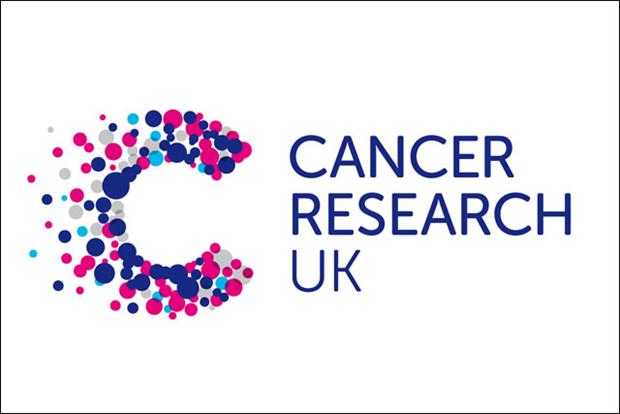Share this Page:
The combination of immunotherapy atezolizumab (Tecentriq) with targeted therapy bevacizumab (Avastin) has been shown to delay the growth of metastatic renal cell carcinoma (mRCC) in a phase III clinical trial called IMmotion151. In the trial, the combination delayed cancer growth by about 3 months compared to standard treatment with sunitinib, another targeted therapy. The benefit of atezolizumab plus bevacizumab was greater for patients with PD-L1-positive tumours. These findings will be presented at the upcoming 2018 Genitourinary Cancers Symposium in San Francisco, California.
“The side effects of atezolizumab plus bevacizumab were decidedly less harsh than sunitinib. And because progression-free survival was also better, I am confident that this relatively easy-to-administer combination will be a strong treatment choice in all medical practices,” said lead study author Robert J. Motzer, MD, a medical oncologist at Memorial Sloan Kettering Cancer Center, New York.
IMmotion151 recruited 915 adults with previously untreated mRCC, who were randomised to receive either atezolizumab plus bevacizumab intravenously every 3 weeks, or take a sunitinib pill daily for 4 weeks followed by 2 weeks off treatment.
Around 15 months after the start of treatment, PD-L1-positive patients treated with atezolizumab and bevacizumab had a 26% lower chance of the cancer worsening than those who received sunitinib. The median time until the cancer worsened was 3.5 months longer (median 11.2 months in the atezolizumab plus bevacizumab group vs. 7.7 months in the sunitinib group).
Treatment-related side effects were less frequent in the atezolizumab and bevacizumab group, occurring in 40% of people, compared to 54% of people in the sunitinib group.
Patients continue to be followed in the study to assess overall survival, and samples of tumour tissue will be assessed for biological markers in addition to PD-L1, which will enable researchers to predict which patients will respond to treatment.
The manufacturer, Roche, intends to discuss the findings from the IMmotion151 trial with global health authorities, including the US Food and Drug Administration (FDA) and the European Medicines Agency (EMA).













